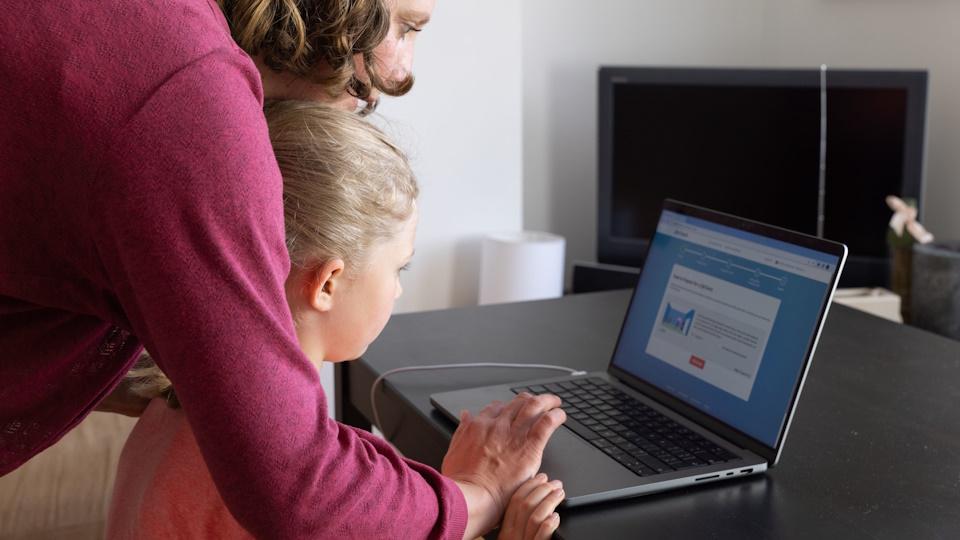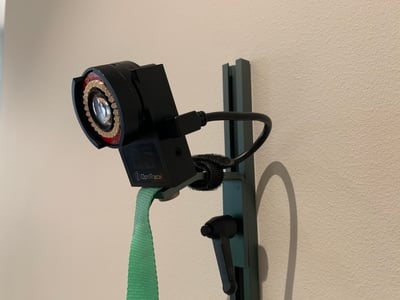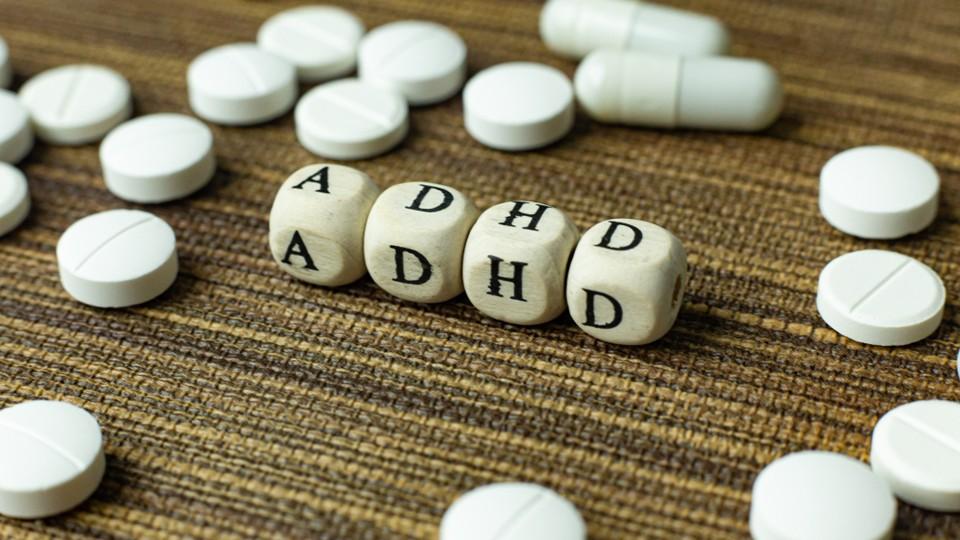NHS on course to use digital tech to diagnose ADHD

A digital test that will help to provide a faster diagnosis for people with attention deficit hyperactivity disorder (ADHD) should be used by the NHS, according to draft guidance from NICE.
The QbTest from Qbtech is a computer-based assessment that takes around 20 minutes to complete and measures the three core symptoms of ADHD – inattention, hyperactivity, and impulsivity – while tracking the movement of participants with a camera.

According to NICE, which has just opened a diagnostics consultation on the technology that ends on 6th August, QbTest would likely be used alongside standard care clinical assessment for children and young people aged six to 17 who have been referred for an ADHD assessment.
NHS England is in the middle of a review of ADHD service provision, which generated initial findings last year, including that the current model is struggling to keep pace with rising demand across both children and adult services.
The review also recognised a need for more reliable data to fully understand the size of the challenge. In a statement, NICE said around 1%–2% of children and young people in the UK are affected when applying World Health Organization (WHO) diagnostic criteria but could be as high as 3%–9% based on DSM5, the American Psychiatric Association’s scheme.
The health technology assessment (HTA) agency also said that experts had told its appraisal committee that long waiting times, sometimes running to many years, were a significant issue for people concerned they may have ADHD and driving many to seek private assessments – if they can afford to do so.
In a clinical trial, the use of QbTest alongside standard clinical assessment resulted in a diagnostic decision being made for a larger proportion of people within six months and also resulted in more cases being ruled out by doctors.
"Children and young people with ADHD deserve to receive a diagnosis in a timely manner. We heard from our patient experts there are challenges with current pathways," said Mark Chapman, director of NICE’s HealthTech unit.
"This technology has the potential to generate tangible benefits to the lives of those waiting for an ADHD diagnosis," he added.
The NICE committee was unable to make recommendations on the use of digital technologies to help diagnose adults, or as an aid in evaluating treatment effects, due to a lack of evidence.
It also examined a series of other digital ADHD diagnostics – including Peili Vision's EFSim Test, Nesplora's Attention software, and Qbtech's QbCheck – but concluded that the evidence for these was lacking and tthey should only be used in research.
The outcome of the diagnostics consultation is expected in October.













